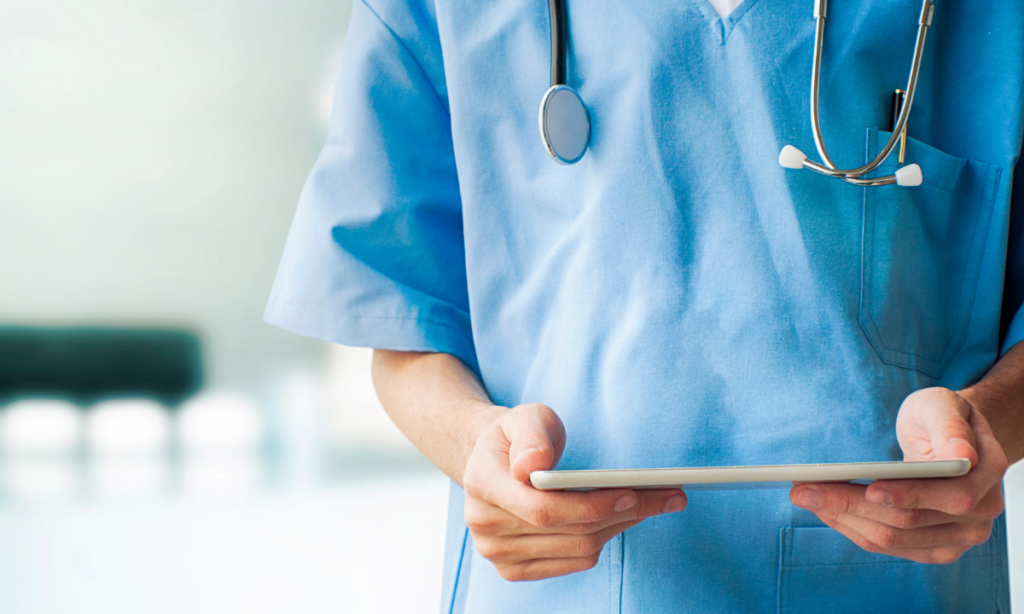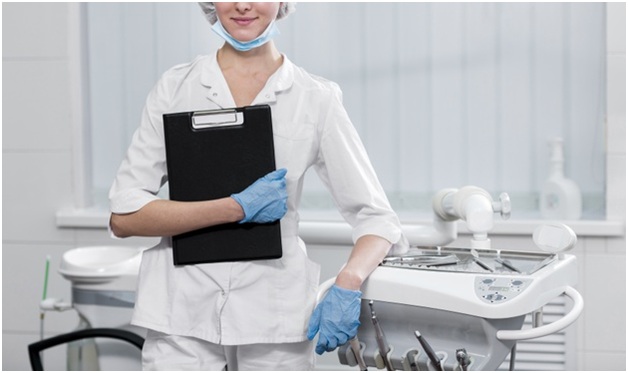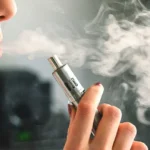Weeks before the World Health Organization (WHO) announcement, Omicron had already caused exponential case surges worldwide. This newest SARS-CoV-2 variant of concern forced countries to change their safety and testing protocols prior to WHO’s declaration.
Omicron’s emergence led experts in studying the mutation and its effects on transmissibility and pathogenicity. Aside from these inquiries, experts also raised questions about the effectiveness of rapid antigen testing in identifying infections caused by Omicron.
Rapid testing remains the most popular method nations use to detect the highly-infectious Omicron and monitor population-wide infection rates. This COVID-19 test can be conducted either with nasopharyngeal or nasal swabs, and deliver results within 15 minutes to one hour.
However, its result is not as reliable as the PCR test. Antigen testing has good specificity yet moderate sensitivity only. This is why many wonder about its reliability in detecting the newest COVID-19 strain. Such circumstances prompted scientists and public healthcare experts to discuss the matter as early as possible.
Some findings, such as in the United States and Switzerland, said that antigen testing is unreliable in picking up Omicron cases. Contrarily, the United Kingdom is yet to disclose information as its monitoring continues.
In the US, researchers found that the two widely-used antigen tests, namely BinaxNOW and QuidelQuickVue, lagged several days in identifying Omicron-positive individuals. This came after reports about many people who got positive PCR COVID test for USA result but tested negative in antigen testing.
Switzerland-based researchers also discovered that rapid testing is less sensitive in Omicron detection after conducting an earlier study before the US. Though be guided that the said research is not yet peer-reviewed.
Moreover, the data collected and analysed by the US Food and Drug Administration (FDA) suggested the same initial findings as the Swiss. The FDA said that rapid testing could detect the Omicron strain but not without reduced sensitivity.
In contrast, the UK Health Security Agency (UKHSA) had a tentative conclusion. According to the agency, the National Health Services’ lateral flow devices used in detecting Omicron show the same sensitivity as other variants. Meanwhile, the health organization still monitors its performance.
With research underway as the effectiveness of rapid antigen tests in detecting Omicron is unclear, people may hesitate to use it. On the contrary, they can still ensure that their obtained results have higher accuracy in three ways.
First, individuals a day or so before becoming positive are symptomatic. So, it is advisable to use antigen testing after waiting for at least a day or two, as this is when an infected exhibits symptoms. Second, if symptomatic yet tested negative, wait a day or two, then retake a test. The chances are the virus has replicated two days later, thus giving a viral load high enough to produce an accurate positive test result. Third and last, if symptoms persist after taking two rapid antigen tests, take the third test or use PCR test kits.
On the whole, the rapid antigen test can help doctors and healthcare professionals detect Omicron carriers. But remember that getting false-negative results are imminent Additionally, individuals who tested positive in their day 2 test, for example, must immediately isolate and inform the authority. In this way, they avoid interacting with others to curb the potential risk of spreading the more infectious COVID variant.
Check this infographic by Harley Medic International to learn more about rapid antigen testing and its reliability in the Omicron variant detection. You can also contact for the “Official Rapid Tests” to “Harley Medic International” for reasonable and appropriate COVID-19 testing kits. Youmay get in touch with them through their website.












